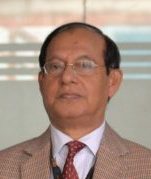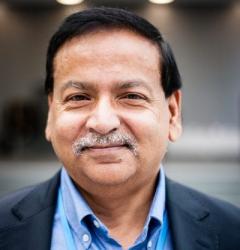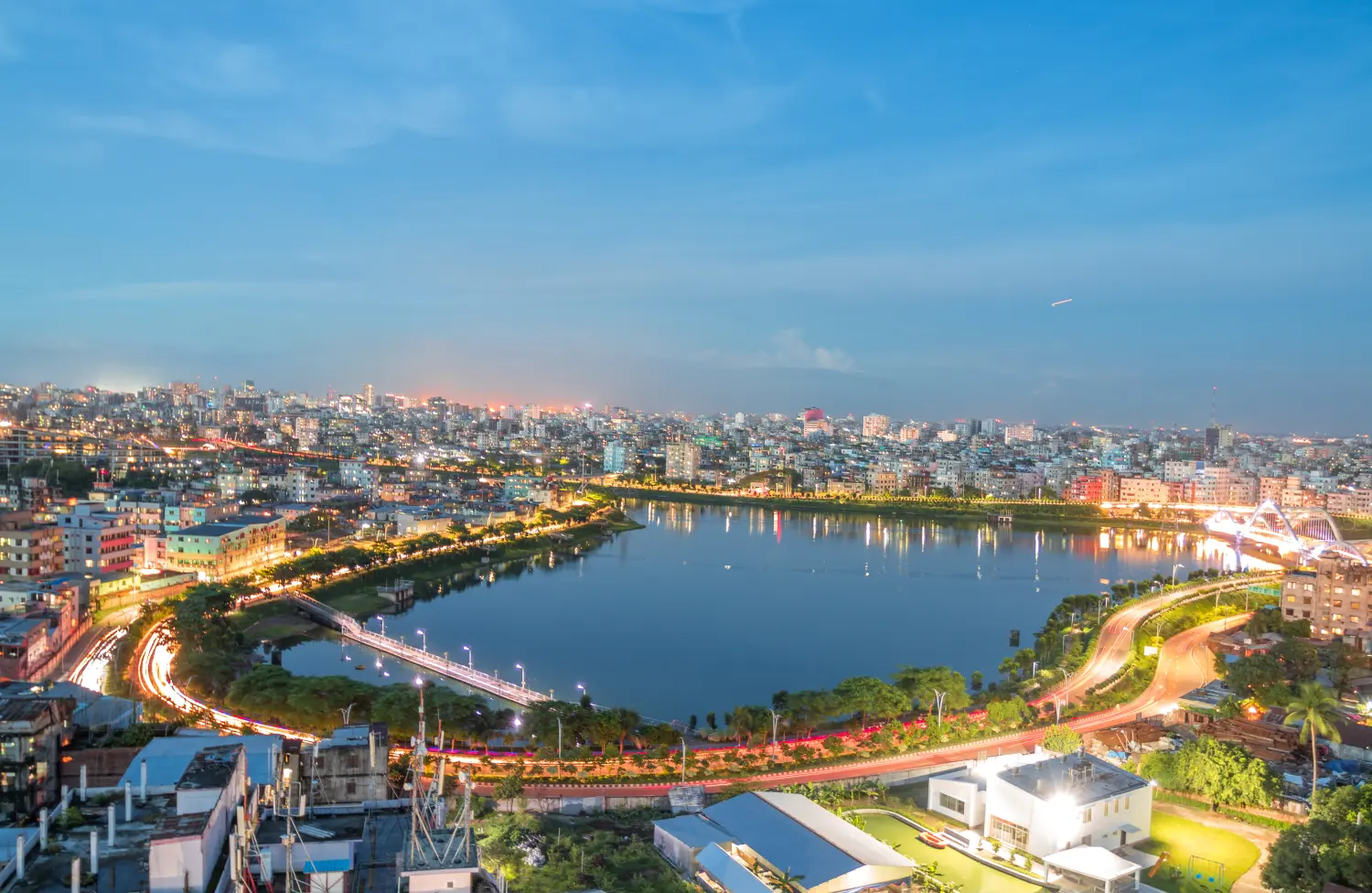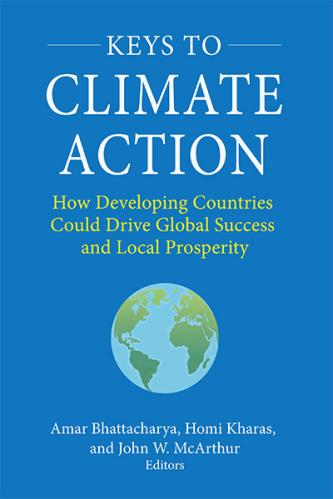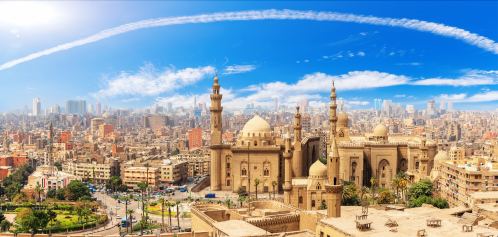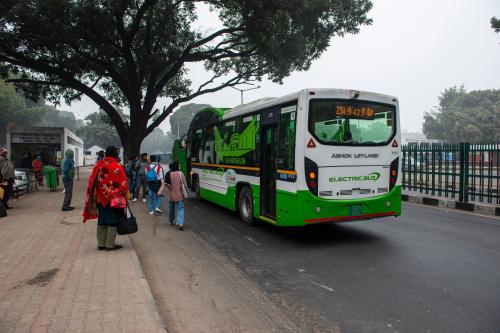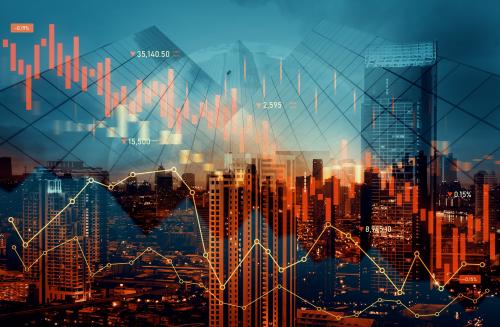In memory of Saleemul Huq, a leading global voice in the field of climate action, who sadly passed away on October 28, 2023. We pay tribute to his invaluable contributions to “Chapter 2: Just and Green Transition in Bangladesh,” within the edited volume “Keys to Climate Action: How Developing Countries Could Drive Global Success and Local Prosperity.”
In this working paper, Khan and Huq describe Bangladesh as the ground zero of climate vulnerability, due to its dense population and exposure to floods, cyclones, sea level rise, and salinity incursions. However, Bangladeshi politicians remain committed to economic growth, with environmental sustainability as the second priority. Some segments of the business are, nevertheless, starting to commit to change. The key technical issues currently debated under Bangladesh’s “just transition” are around energy access, social equity, and building resilience—areas where international support has been less forthcoming compared to mitigation. With a low domestic tax regime, Bangladesh has limited economic capacity to significantly expand social programs, and its imminent graduation out of Least Developed Country status will further limit its access to concessional international assistance. Khan and Huq suggest using Bangladesh’s strong civil society organizations to play a more significant role, especially in encouraging green processes in private companies in the country’s critical garment sectors through promotion of renewable energy. They offer up important suggestions for nature-based solutions and a unique proposal for encouraging climate-resilient migrant-friendly towns as an adaptive response.
Interview with the authors
What is one main message from your chapter?
Given the successful track record in economic growth in Bangladesh for the last decades, it is time that together with its upcoming graduation into middle-income country, Bangladesh will put a dedicated focus on ensuring environmental sustainability.
What presents the biggest opportunity?
The solid record of innovative social engineering and women’s empowerment which contributed to rapid reduction of poverty level.
What serves as the biggest challenge?
The biggest challenge lies in converting Bangladesh’s huge youth labor force into a great force for just and green transition.
What gives you the most hope?
Resource constraints will push as a necessity for more innovative economic, social and environmental transformation.
